What is bipolar disorder Mean?
The word bipolar means 2 extremes.Millions of people experiencing bipolar disorder around the world,life is split between two different realities,elation and depression.There are many Types of bipolar disorder.
Let’s consider a couple.
Type 1 has extremely high alongside the lows
Type 2 involves brief, less extreme periods of elation
Interspersed with long periods of depression. For anyone seesawing between psychic states, it can seems impossible to find the balance necessary to lead a healthy life.
Type 1 extremely high is known as manic episodes and they can feel a person range from feeling irascible to invincible. But these euphoric episodes increase ordinary feelings of joy,causing troubling symptoms like racing thoughts,sleeplessness,rapid speech,impuslive actions and risky behaviors without treatment.
How People Reatcs or Behave in Bipolar Disorder?
These types become more persistent ,intense,and take longer to subside. The sad phase of bipolar disorder manifests in many ways a low mood,dwindling interest in hobbies,changes in appetite,feeling worthless or excessively guilty,sleeping either too much or too little restlessness or slowness or persistent thoughts of suicide.
Worldwide about one to three percent of adults experience the high range of symptoms that indicate bipolar disorder.Mostly these types of people are functional, contributing members of society and their lives, choices and relationships aren’t defined by the disorder.But still for many the outcomes are serious. The illness can effect educational and professional performance,relationships,financial security and personal safety.
what causes bipolar disorder?
Researchers think a main key player is the brain’s complex wiring. Healthy brains keep strong relation between neurons, thanks to the brain’s continuous attempt to prune itself and remove unutilized or faulty neural connections.This procedure is very important because our neural pathways work for as a map for everything we do.Using functional magnetic resonance imaging. Scientists have found that the brain’s pruning ability is disrupted in people with bipolar disorder.That means their neurons go haywire and create a network that’s impossible to navigate with only confusing signals as a guide. People with bipolar disorder produce abnormal thoughts and behaviors and also psychotic symptoms like disorganized speech and behavior delusional thoughts, paranoia and hallucinations can appear during extreme phases of bipolar disorder. This is assign to the excessive quantity of a neurotransmitter called Dopamine.
But instead these insights, we can’t point bipolar disorder down to a single cause. In reality it’s a complex problem.
For example, the brain’s amygdala is engaged in thinking long-term memory and emotional actions. In this brain region factors as varied as genetics and social trauma. May develop oddity and trigger the signs of bipolar disorder.
The condition be likely to run in families, so we do know that genetics have a lot to do with it.But that doesn’t mean there’s a single bipolar gene.
Medication for Bipolar Disorder
In fact the likelihood of developing bipolar disorder is driven by the interactions between many genes in a complex recipe we’re still trying to understand. The reasons are composite and accordingly diagnosing and living with bipolar disorder is a challenge. Regardless of this the disorder is in control, certain medications like lithium can assist to manage risky thoughts and behaviors by balancing moods.
These mind balancing medications work by decreasing abnormal activity in the brain. Thereby strengthening the viable neural connections. Other regularly used medications include antipsychotics which alter the effects of dopamine and electroconvulsive therapy,
which does like a controlled seizure in the brain is sometimes used as an emergency treatment. Some bipolar patients left treatment because they’re scared it will faint their emotions and damage their creativity. But modern psychiatry is actively trying to keep away from that. Today doctors work with patients on a case-by-case basis to administer a combination of treatments and therapies that permits them to live to their fully possible potential and afar treatment people with bipolar disorder can get help from even easy changes those include daily exercise good sleep habits and sobriety from drugs and alcohol not to mention the acceptance and empathy of family and friends.
Remember bipolar disorder is a medical condition not a person’s problem or their whole identity and it’s something that can be controlled through a combination of medical treatments doing their work internally. Friends and family acceptance and understanding on the outside and people with bipolar disorder empowering themselves
to find balance in their lives.
Bipolar disorder can affect how someone’s mood, behavior, relationships and overall functioning. Below are some ways that bipolar may impact a person:
1.Mood Swings
Bipolar disorder has sever mood swings, which includes high moods of mania/hypomania (elation) and depression (sadness). Sudden and intense these fluctuations interfere with emotional regulation.
2.Impaired Functioning
Daily chores like work, school or housekeeping can be hard for individuals with bipolar disorder to perform well during manic or depressive episodes. Consequently, it becomes difficult to maintain employment academic performance as well as fulfill social obligations.
3.Relationship Strain
Fluctuating moods and behaviors associated with the condition may strain one’s relationship with his/her family members, friends or romantic partners. Families might not comprehend manifestations shown by their loved ones thus leading to conflicts or misunderstanding and even frustration on their part.
4. Risk-taking Behavior
People with bipolar disorder may indulge in dangerous activities like excessive shopping, speeding, taking drugs and having multiple sexual partners during manic or hypomanic episodes. Such actions can lead to financial difficulties, legal problems or broken relationships.
5.Physical Health
Bipolar disorder does not only influence mental health but also physical health for example sleep disturbances and appetite changes that accompany mood episodes have an effect on general health and wellbeing. Furthermore, the strain of dealing with this condition as well as possible other associated illnesses can have negative consequences on an individual’s physical wellbeing.
6.Co-occurring Disorders
Those with bipolar disorder may also have comorbid anxiety disorders; substance use disorder(s) and attention deficit/hyperactivity disorder (ADHD). These extra complications do not make treatment any easier while hampering efficiency in terms of performance in general.
7.Stigma and Discrimination
Although there has been increased awareness about mental health issues, there is still stigma surrounding bipolar disorder and other psychiatric conditions. It is through stigma that people become discriminated against, socially isolated leading to them not being able to seek help or get the right kind of treatment they require.
It should be noted that many individuals with bipolar disorder can effectively manage their symptoms and lead fulfilling lives with suitable treatment which includes medication, counseling and changing lifestyles. Therefore, early intervention and continuous support are necessary to reduce the effects of the disorder as well as promote recovery.




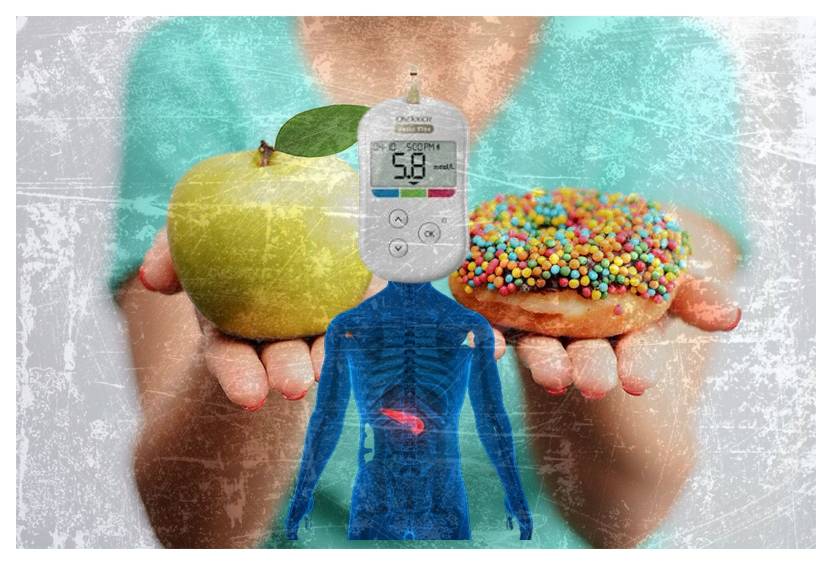
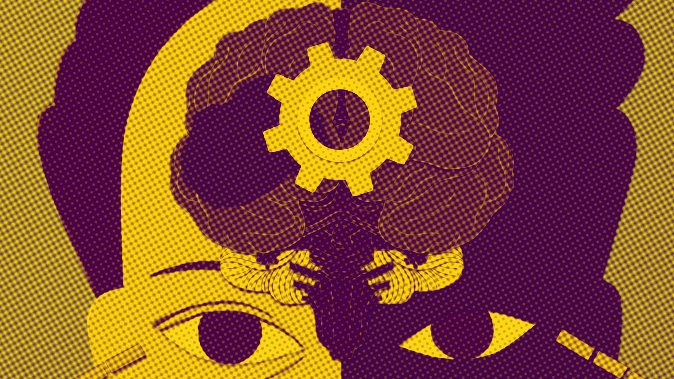


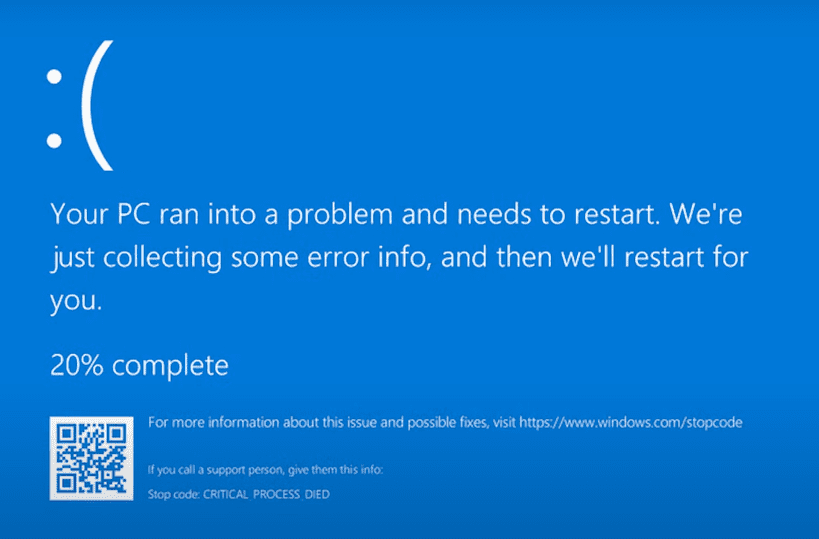

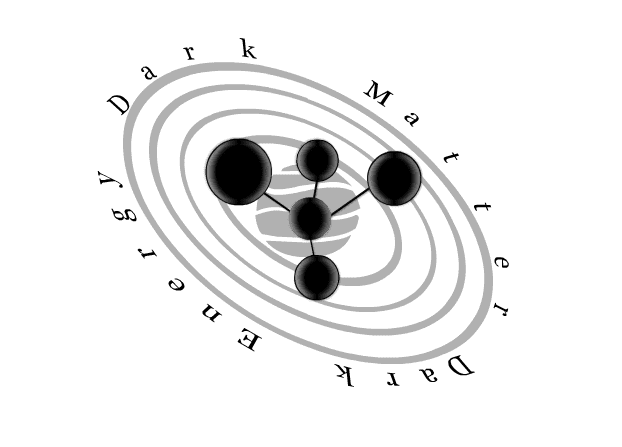








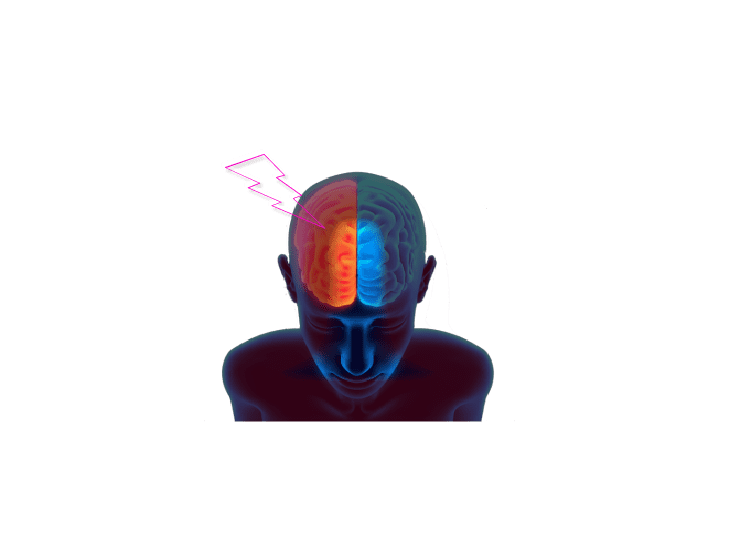


It really Help me to learn